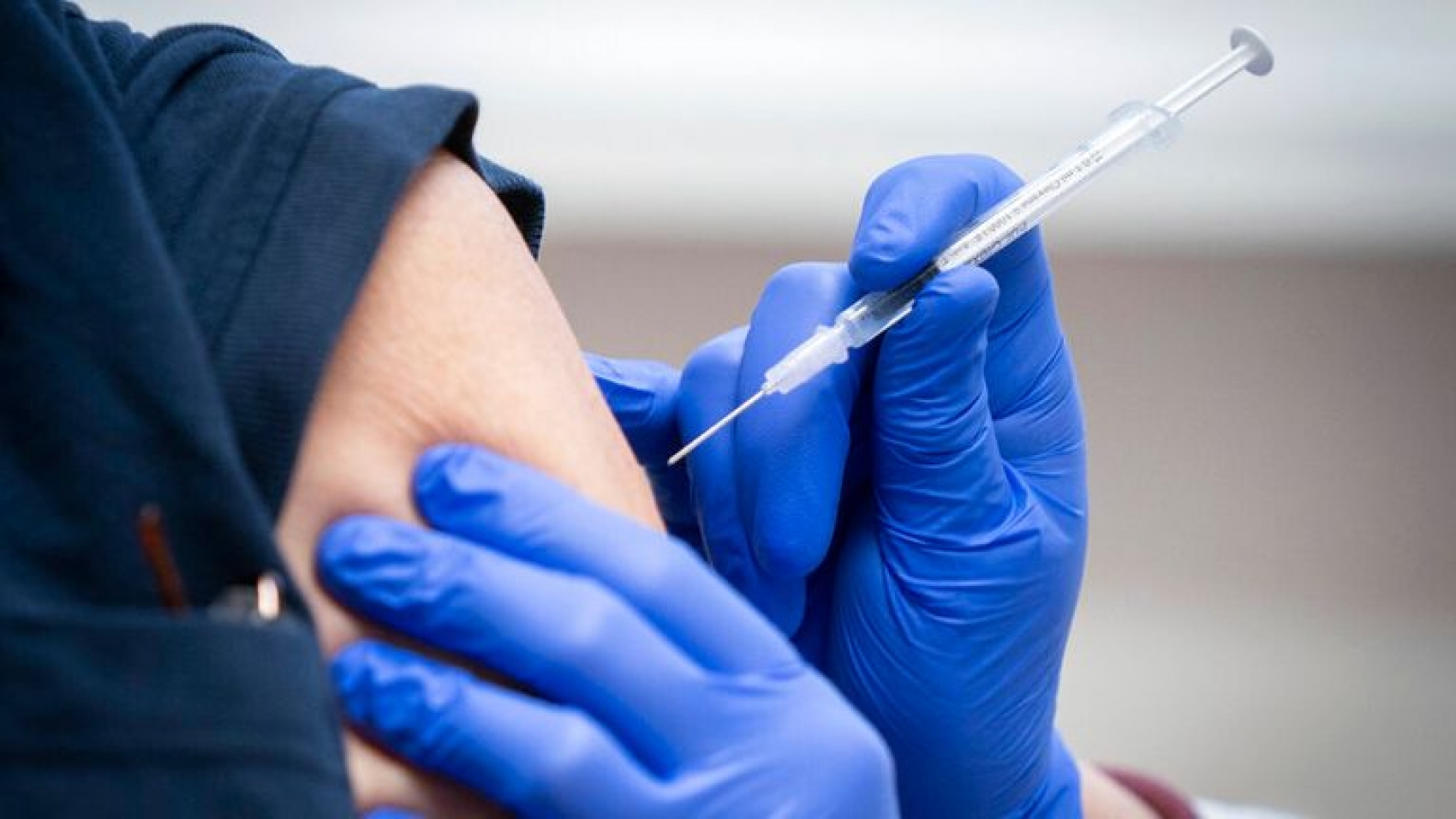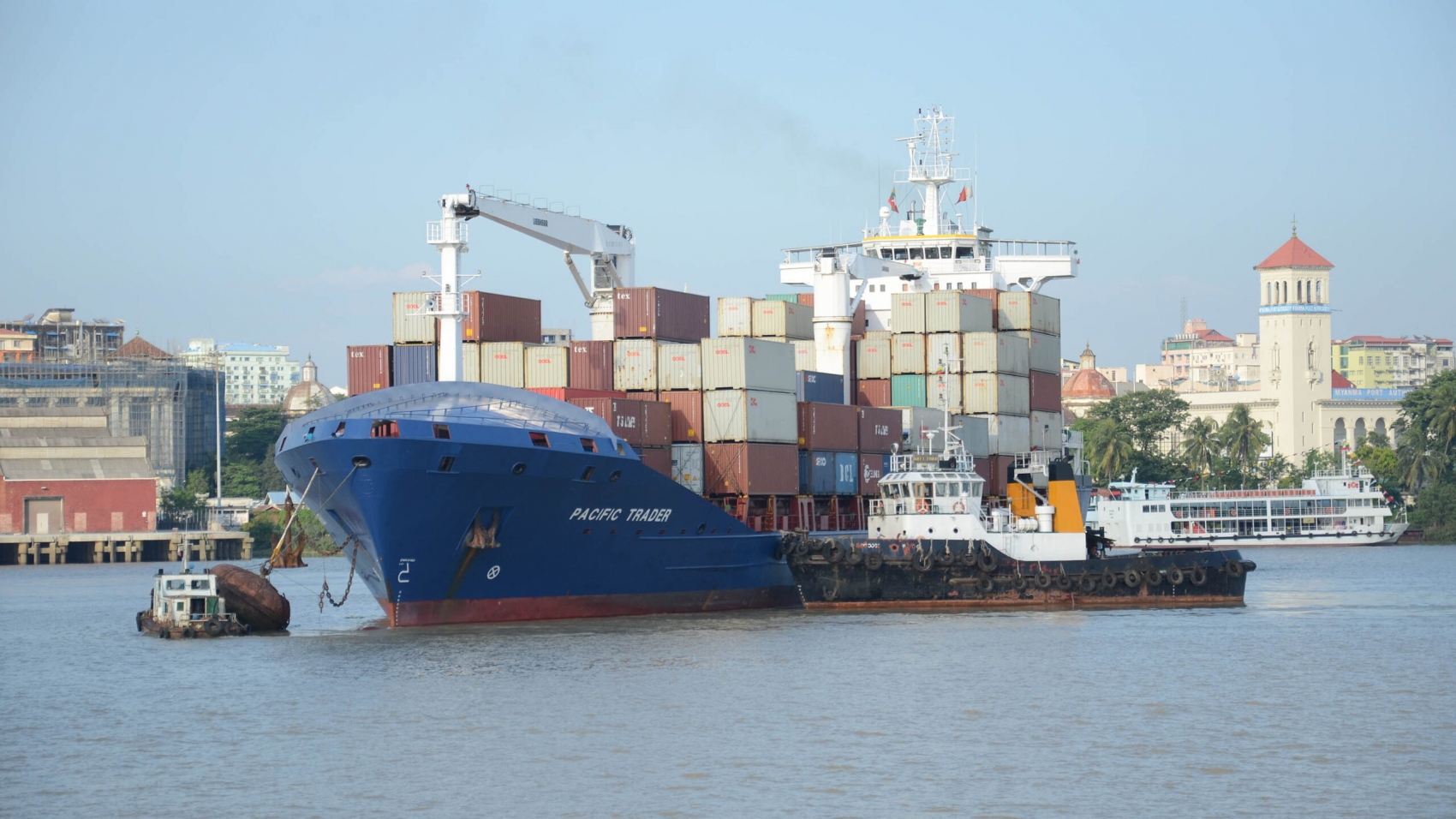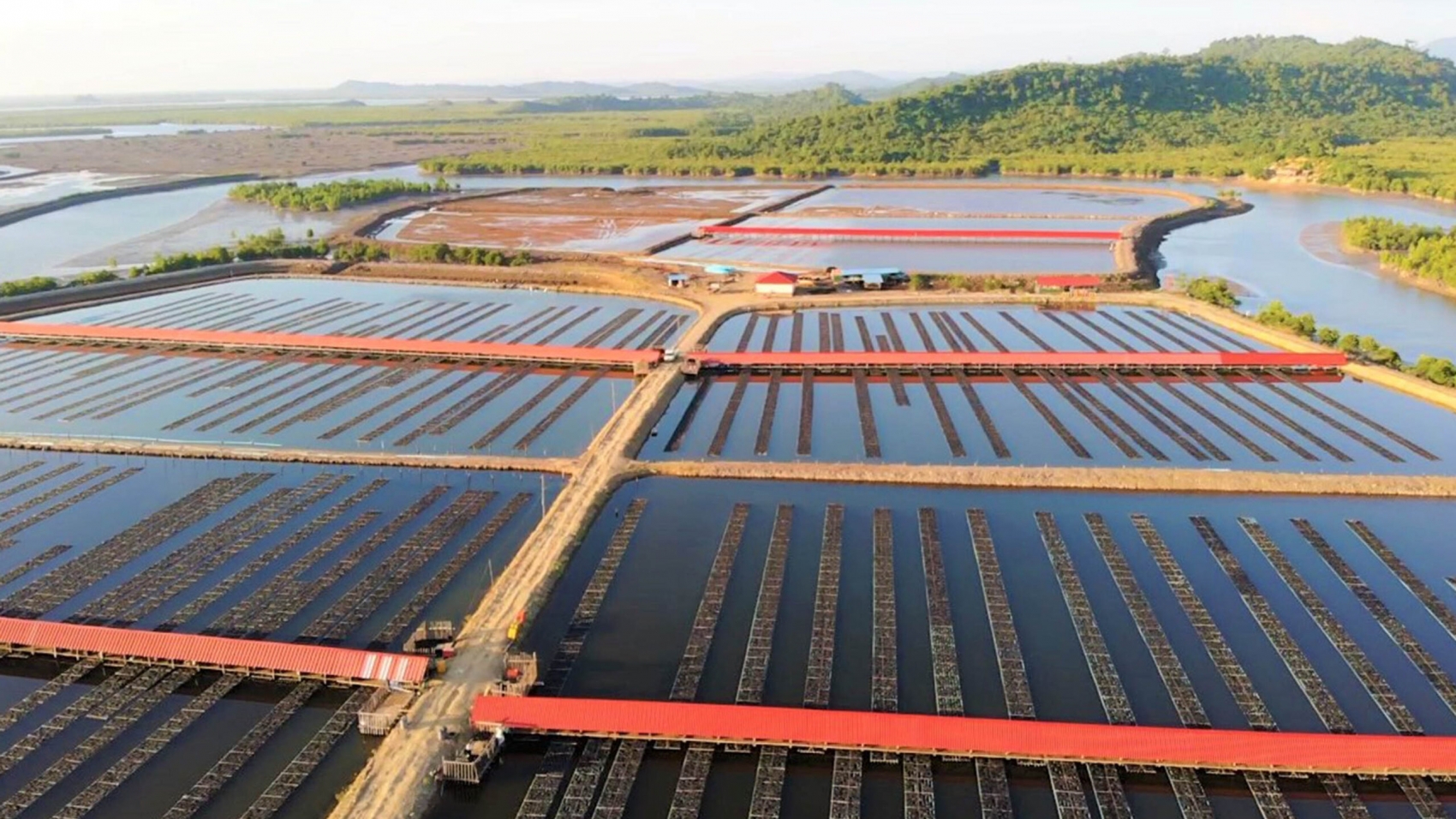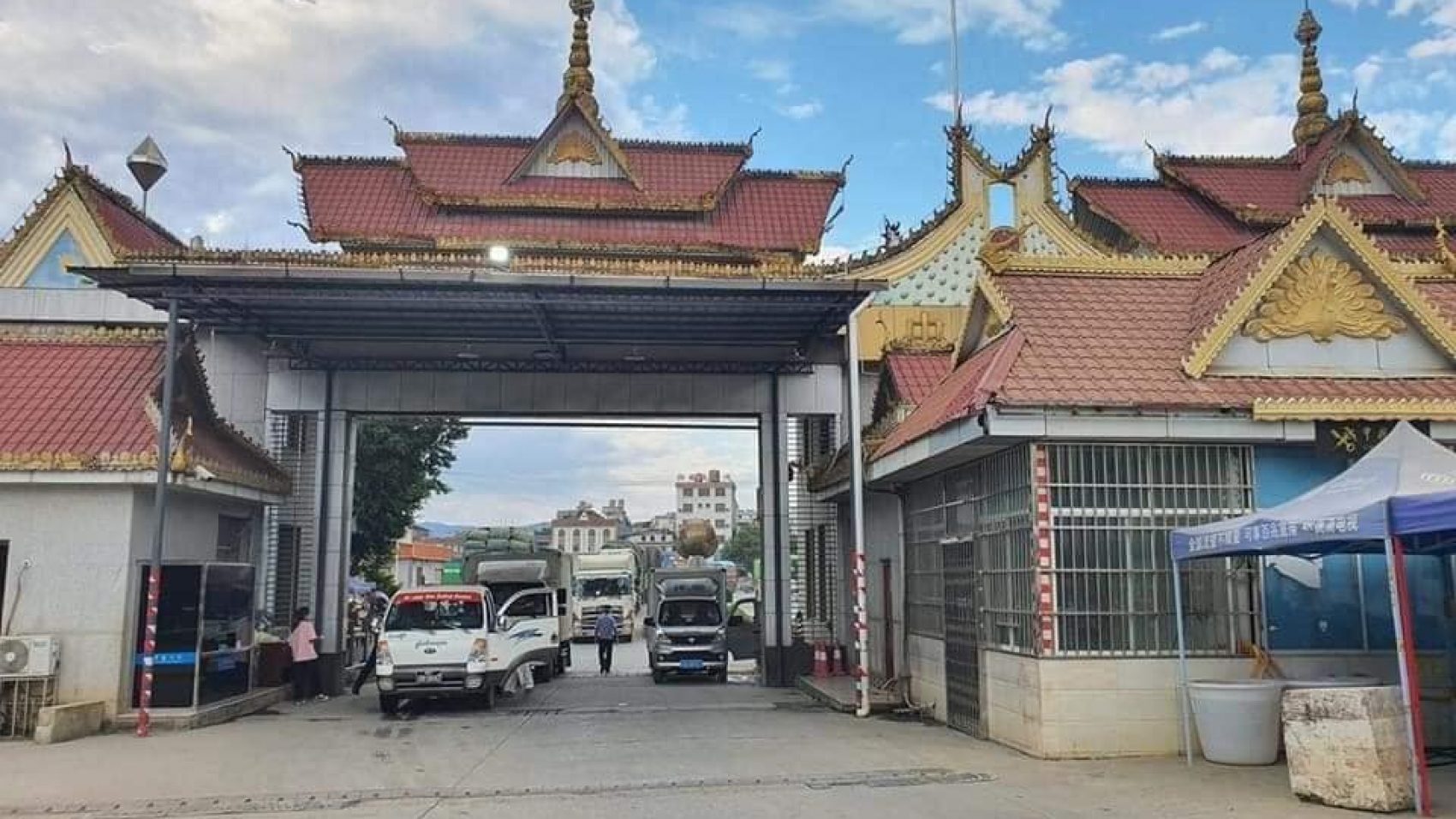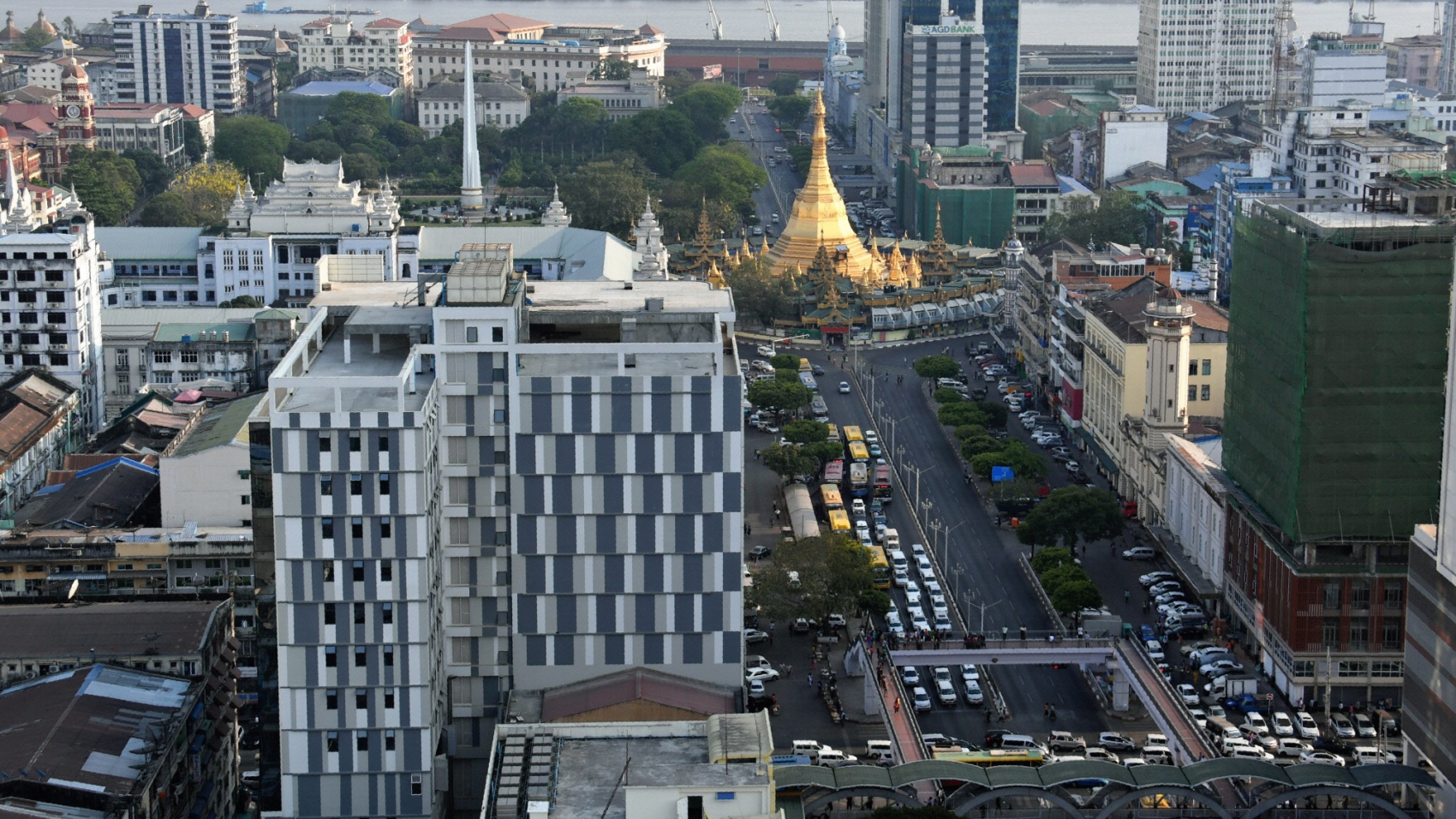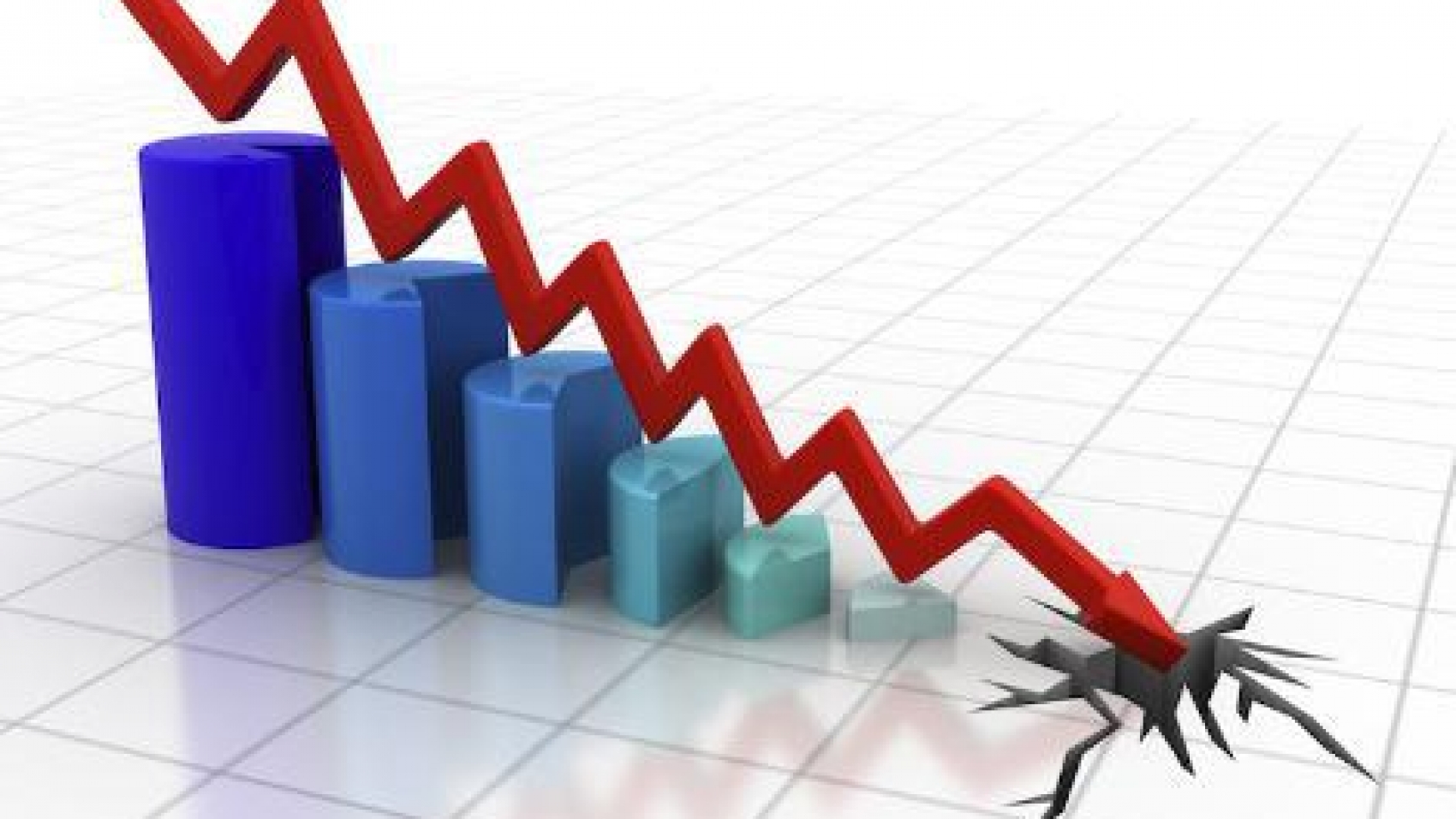As of December 11, a total of more than 18 million people have received the COVID-19 vaccine in Myanmar, according to the Ministry of Health. As of December 11, the first population to be planted in Myanmar was 5,799,482 (5.79 million); 13029777 (13.02 million) people who received two doses of the vaccine.
The total number of vaccinated people was 18,829,259 (18.82 million) and the total number of vaccinations was 31.85 million. The vaccine, which is currently being administered to people aged 40 and over, is now available at nearby health centers. Previously, people over the age of 65 were first transplanted, then reduced to those over 55 years of age; then on October 17 for those over 45 and from November 9 for those over 40.
As of November 21, a total of 31 million COVID-19 vaccines have been purchased by the Ministry of Health, and a total of 9168,800 vaccines received from donations and a total of 40,168,800 immunizations purchased and donated. A total of 24 million COVID-19 vaccines purchased from China have arrived in Myanmar, and about 50 percent of the target groups will be fully vaccinated in December, using these vaccines and existing vaccines.
Source: Daily Eleven

